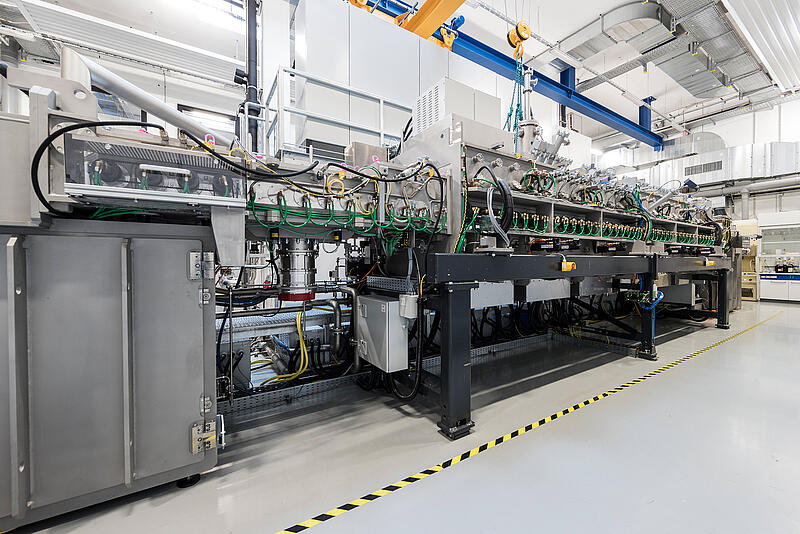Stuttgart-based research institute ZSW and US thin-film specialist First Solar have announced a strategic partnership focused on the advancement of thin-film solar.
ZSW said the partnership will focus on performance and the potential to develop and optimize all thin-film tandem technologies on a gigawatt scale. It added that tandem solar cells are “widely recognized as the next generation of photovoltaics,” and as every tandem contains at least one layer of thin-film solar cells, their development is “of utmost importance to the next generation of solar technologies.”
The two parties said that the overall aim of the research partnership is to “explore opportunities to make thin-film modules more efficient by a better use of the solar spectrum.” Other potential areas of research are set to include the optical adaption of stacked cells and specialized characterization techniques.
ZSW researchers have been working on copper, indium, gallium and diselenide (CIGS) thin-film technology for decades, including more than 10 years of scaling robust processes for rigid and flexible substrates. First Solar’s thin film PV modules, developed out of labs in California and Ohio, are considered a lower-carbon alternative to conventional crystalline silicon PV panels.
First Solar expanded its operations into Europe following the acquisition of Swedish perovskite specialist Evolar, turning its Uppsala laboratory into First Solar’s European Technology Centre. The facility presented a CIGS solar cell with a world record efficiency of 23.64% in March.
Earlier this year, an economic analysis of the company predicted that First Solar could have a $5 billion impact on the US economy by 2026.
This content is protected by copyright and may not be reused. If you want to cooperate with us and would like to reuse some of our content, please contact: editors@pv-magazine.com.




By submitting this form you agree to pv magazine using your data for the purposes of publishing your comment.
Your personal data will only be disclosed or otherwise transmitted to third parties for the purposes of spam filtering or if this is necessary for technical maintenance of the website. Any other transfer to third parties will not take place unless this is justified on the basis of applicable data protection regulations or if pv magazine is legally obliged to do so.
You may revoke this consent at any time with effect for the future, in which case your personal data will be deleted immediately. Otherwise, your data will be deleted if pv magazine has processed your request or the purpose of data storage is fulfilled.
Further information on data privacy can be found in our Data Protection Policy.